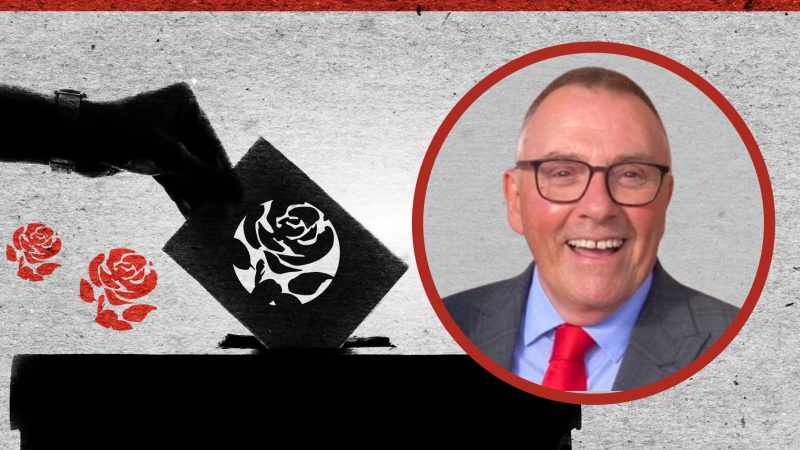
In the last budget of the last Labour government, in 2010, Plymouth City Council received £106m in revenue support grant. In addition, we were awarded £72m from the ‘Building Schools for the Future’ fund and numerous grants for a range of services across our unitary authority.
12 years on, the revenue support grant has dwindled to a little over a tenth of that – without accounting for inflation. Despite a plethora of competitive bidding streams – pitting council against council, region against region, cities against the countryside – local government under the Tories gets around 60p in the £1 compared with the last Labour government.
It is often said that governance in the UK is the most centralised in the world. Devolution and empowerment to locally elected bodies has often been promised, but never delivered. With the exception of Holyrood and Cardiff – and sometimes Stormont – our pattern of government looks much as it did at the time of the last local government reorganisation, 50 years ago.
Yet without strong local government, the country would be on its knees. We saw its strength in keeping housebuilding going post 2008. We saw it in picking up the role of public health, health and care integration and climate emergency while undergoing savage cuts to its resources. We have prepared as best we can to manage in the face of the Tories poorly negotiated oven-ready Brexit deal, and we saved the day during the pandemic by providing personal protective equipment, keeping workers safe and helping feed those vulnerable and isolated. We are also first responders on homelessness, refugee support and tackling modern slavery.
Most political coverage ignores what we do. When I’m on the doorstep, voters are shocked to learn just how many local services we provide beyond the bins, roads and pavements. Local government needs a higher profile in our political discourse, in the media and in everyday life.
Along with my good friend councillor Nesil Caliskan, I’m standing for one of the national executive committee (NEC) local government representative positions for a number of reasons. I will be a strong voice for local government on the NEC. As the largest funders of the party, our councillors – all members of the Association of Labour Councillors – are some of the party’s most hard-working and active people. Our voice needs to be heard loud and clear at the highest level of the Labour Party.
Living in a city that is politically marginal means I have been in and out of power many times since I became a Labour group leader 25 years ago. I know that being in power can bring enormous change for the better, quite quickly. That’s why, in our local Labour headquarters, we have a large sign that reads: “Our job is to WIN.”
So, our party must get back to winning ways – to stop the bleeding of our public services and our councils, and to make them fit once again to face and shape the future for everyone in our country. I’ve been a branch Secretary, Constituency Labour Party secretary and chair, district party secretary, conference delegate, election agent and have held a host of other roles. I know how the party works, and I want it to be back on top of its game – as it needs to be if we are to topple the Tories.




More from LabourList
‘SEND reforms are a crucial test of the opportunity mission’
Delivering in Government: your weekly round up of good news Labour stories
Labour place third in Gorton and Denton by-election as Greens gain seat